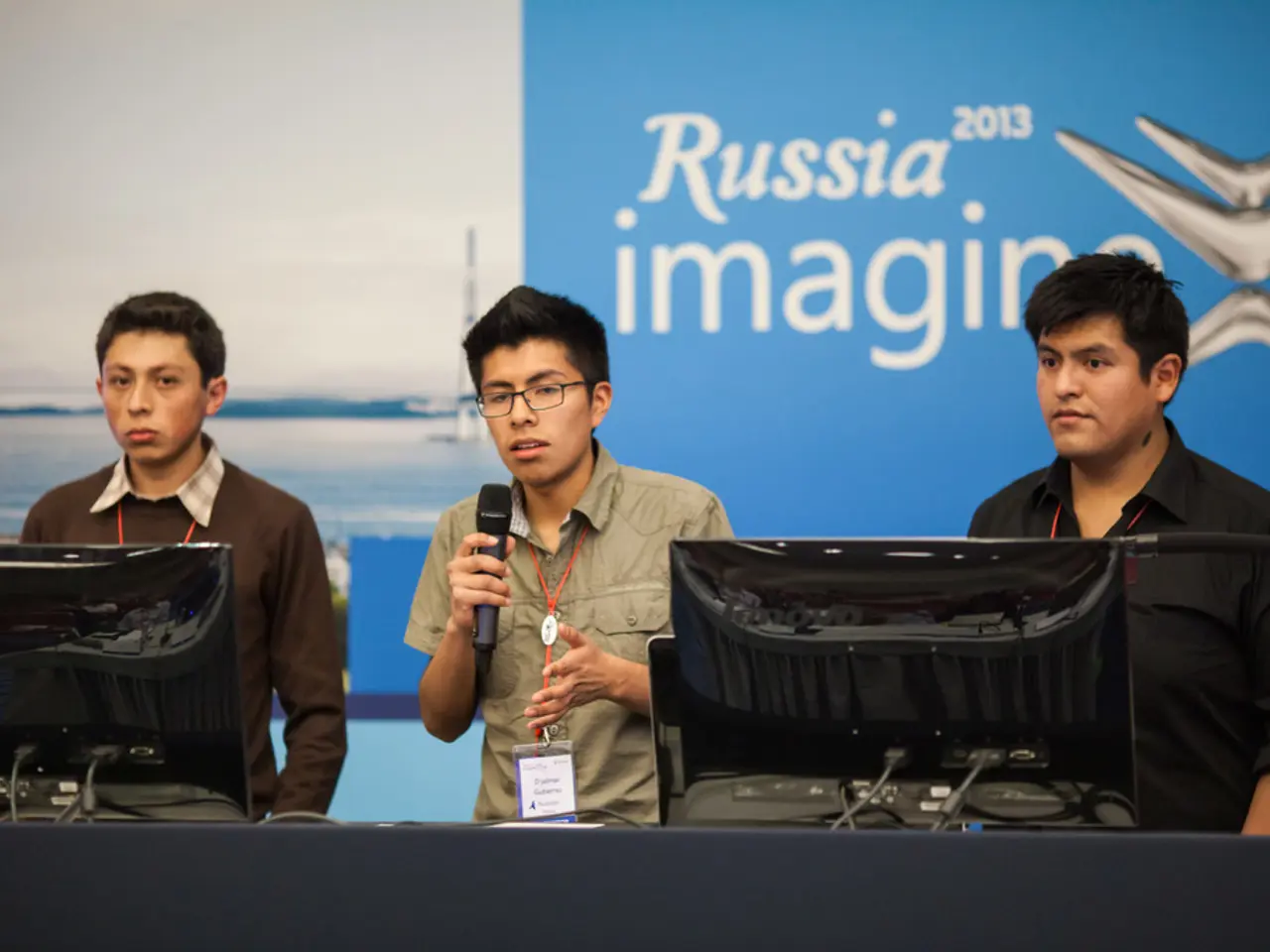Operation led by Europol successfully dismantles pro-Russian cybercrime organization
A major international law enforcement operation, codenamed Eastwood, has successfully dismantled the pro-Russian cybercrime network NoName057(16), which has been carrying out distributed denial-of-service (DDoS) attacks on Ukraine and its supporters, including several NATO-linked targets. The operation involved Europol, Eurojust, and authorities from more than a dozen countries, including the Netherlands, and led to arrests, house searches, and the disruption of over 100 computer systems.
The group, primarily composed of Russian-speaking sympathizers, is not known for its sophisticated technical skills, but rather for its use of ideology and potential rewards to motivate its actions. The individuals supporting NoName057(16) are mainly motivated by ideology and potential rewards, rather than technical expertise.
While Dutch authorities confirmed the group’s involvement in attacks during the NATO summit, the identification of the main leaders comes primarily from German law enforcement. German judicial authorities issued six arrest warrants for suspected members in Russia, with two of these individuals being described as the alleged "main instigators" and "main leaders" of the group. Their identities have not been disclosed in the available public reports.
The operation resulted in the arrest of two individuals (in France and Spain), seven arrest warrants (six from Germany), 24 house searches, and the questioning of 13 people. The group’s main infrastructure was taken offline, and a significant part of their attack capabilities was neutralized.
The operation underscores the importance of international cooperation in combating cybercrime. Despite the disruption of over one hundred computer systems worldwide and the taking offline of a major part of its central server infrastructure, NoName057(16) continues to operate and pose a threat. The challenge remains in attributing and prosecuting cybercrime leaders based abroad.
| Aspect | Details | |-------------------------------|------------------------------------------------------------------------------------------| | Main Leaders | Two unnamed individuals in Russia, identified by German authorities as main instigators[2][3] | | Warrants Issued | Six by Germany (including the two main leaders), one by another country | | Arrests | One in France, one in Spain, others sought via international warrants | | Public Disclosure | Names not released; suspects listed on Europol’s Most Wanted site | | Dutch Authorities’ Role | Confirmed attacks during NATO summit, part of broader international effort, no direct ID of leaders by Dutch sources |
The successful dismantling of the pro-Russian cybercrime network NoName057(16) has highlighted the significance of international cooperation in addressing cybersecurity threats, due to the group's continued operation and potential threat, even after the disruption of over one hundred computer systems worldwide and the taking offline of a major part of its central server infrastructure. The operation, undertaken by Europol, Eurojust, and numerous international authorities, has led to the identification of two unnamed individuals in Russia as the main instigators and leaders of the network, with six arrest warrants issued by German authorities for these suspects, along with several others. This incident underscores the challenge of attributing and prosecuting cybercrime leaders based abroad, particularly in relation to the politics and general-news landscape of technology, crime-and-justice, and international relations.




